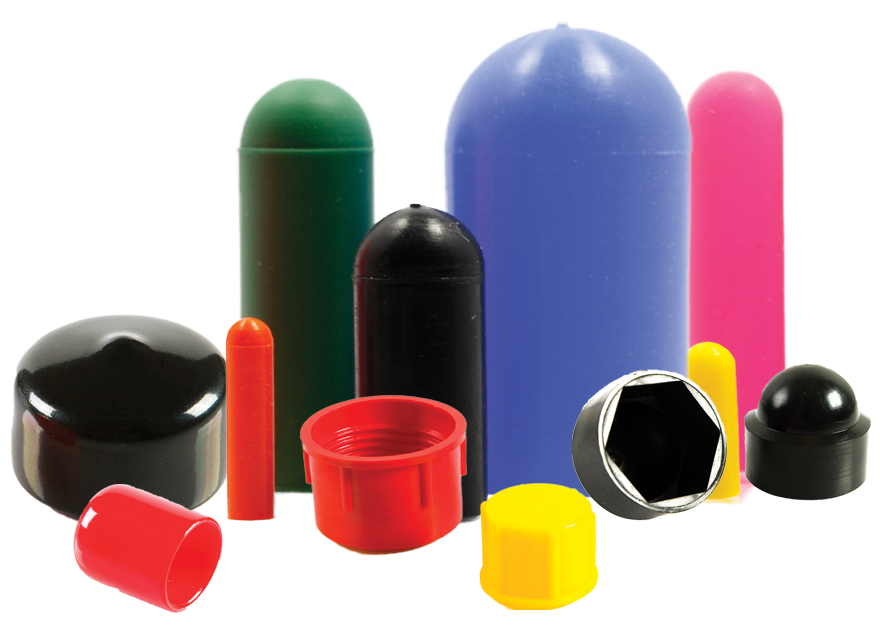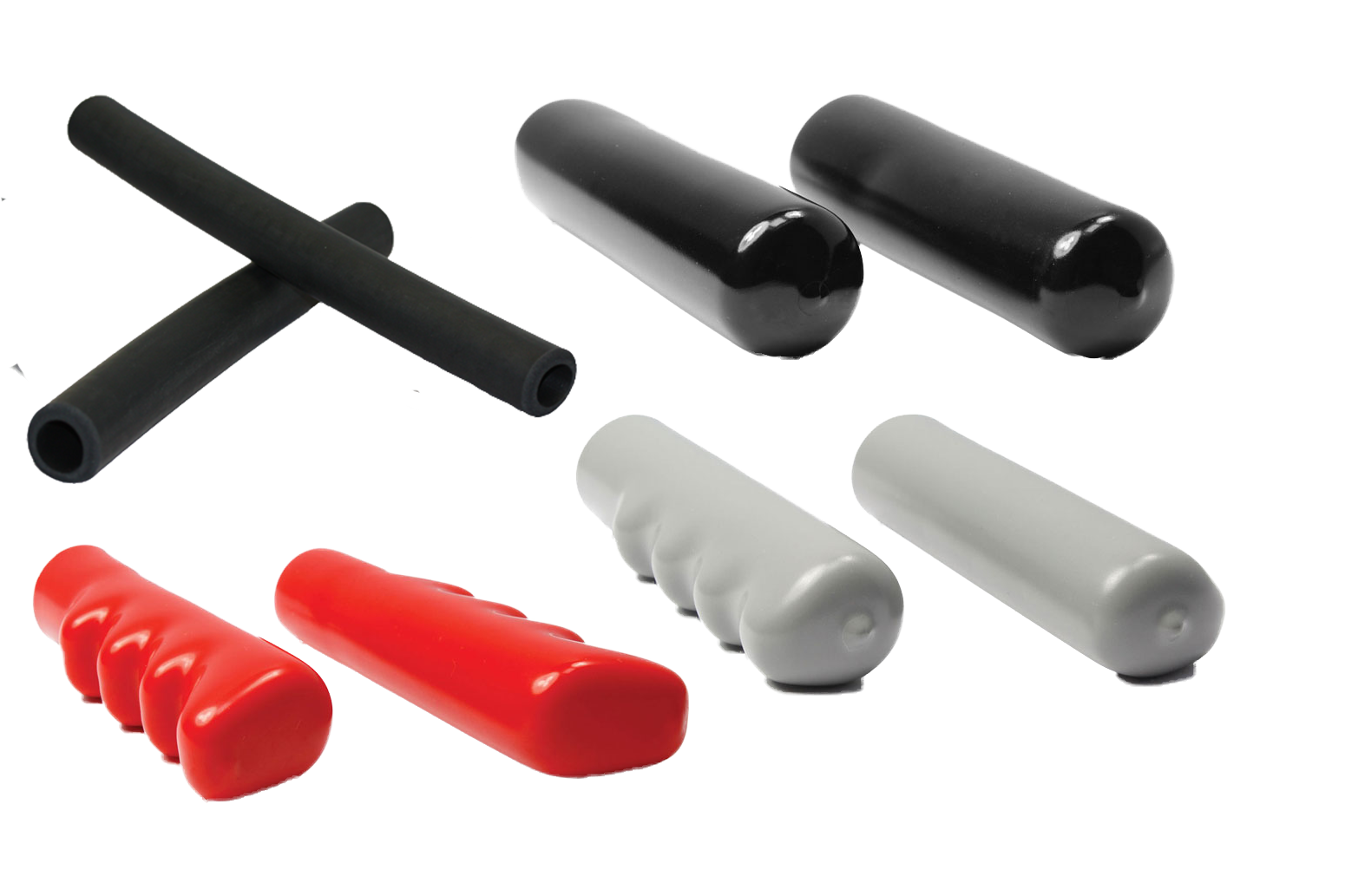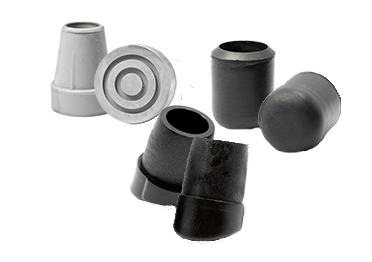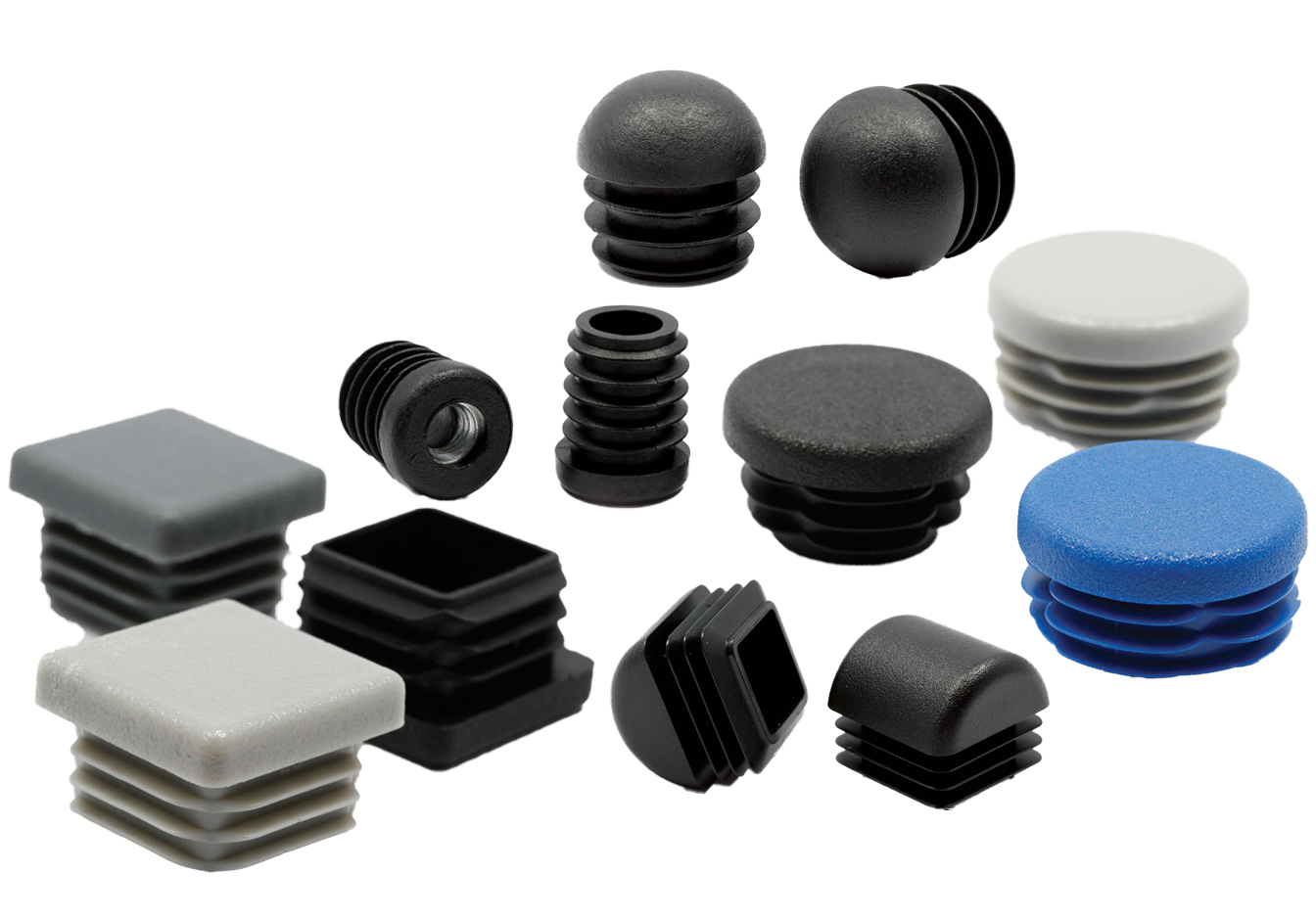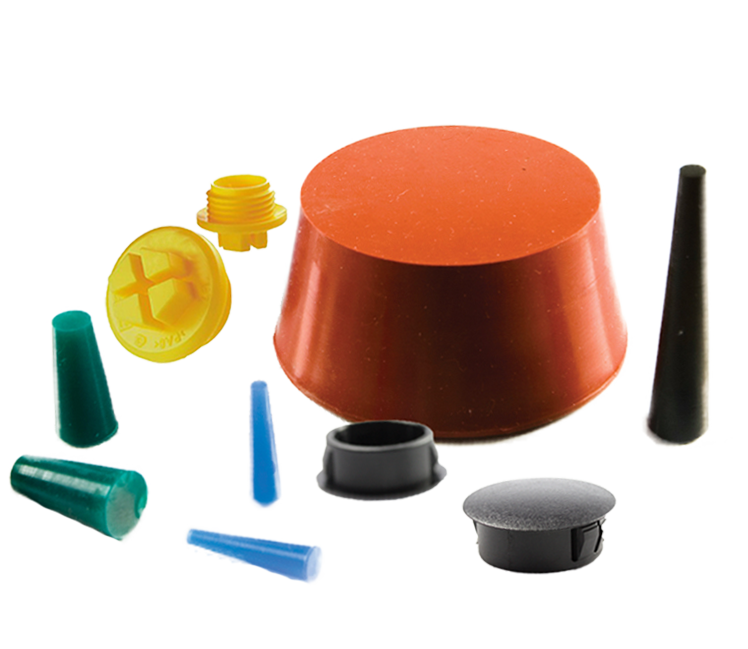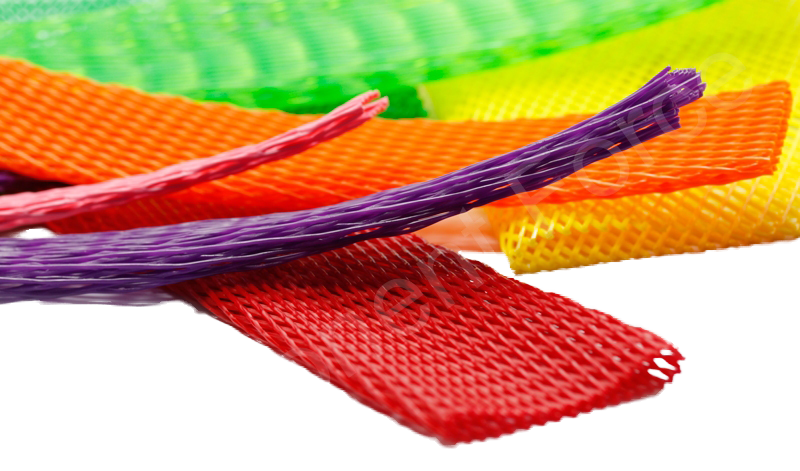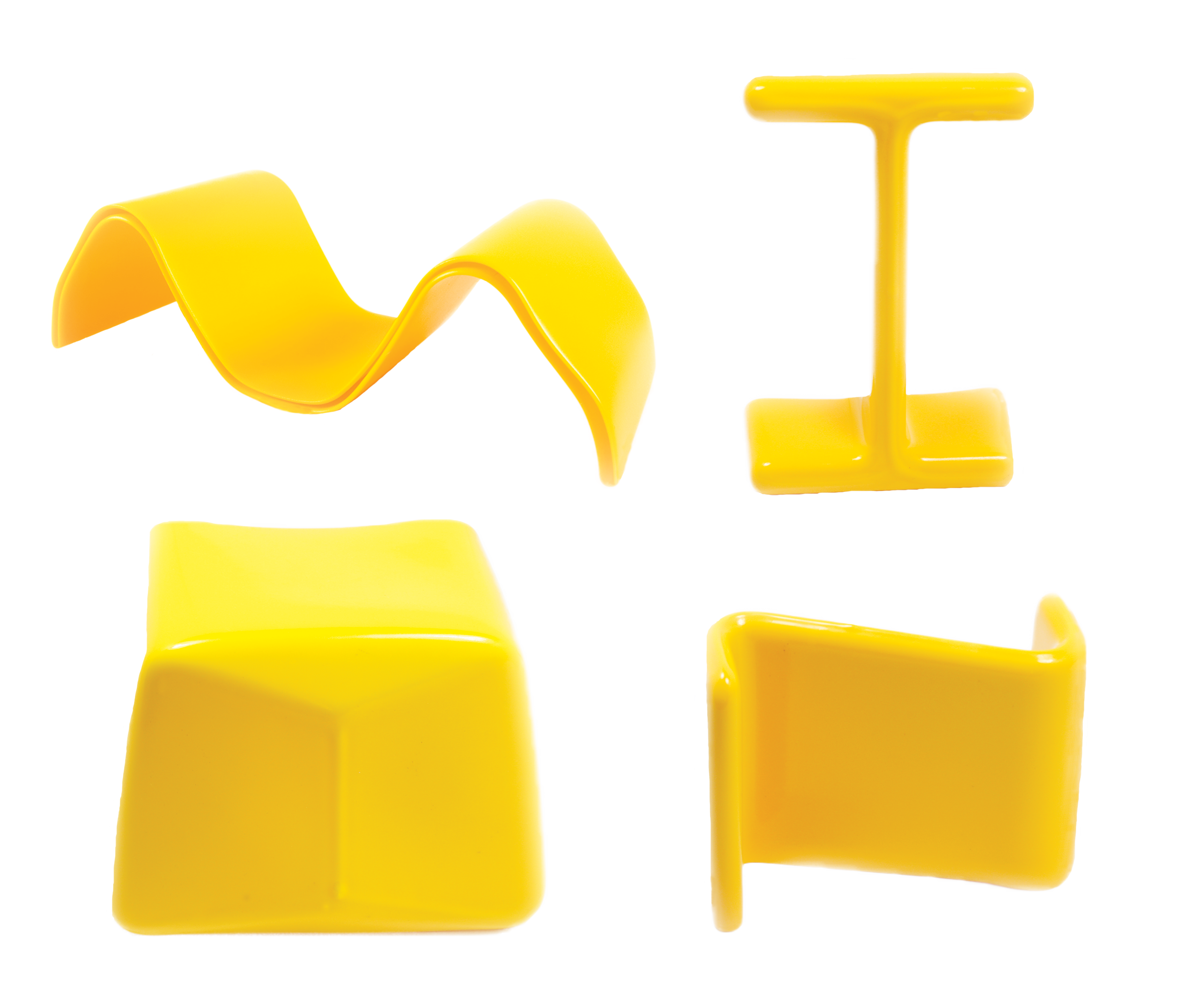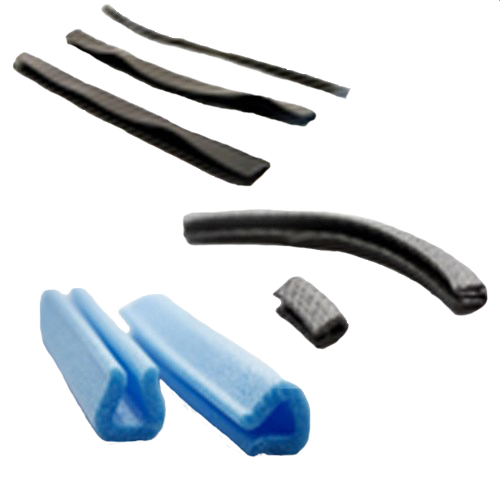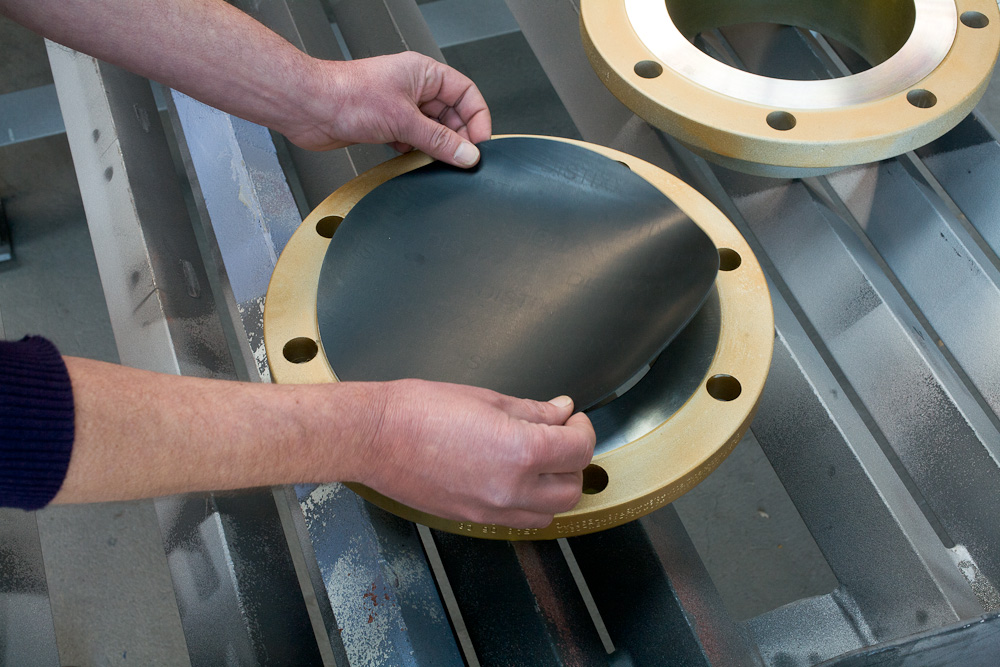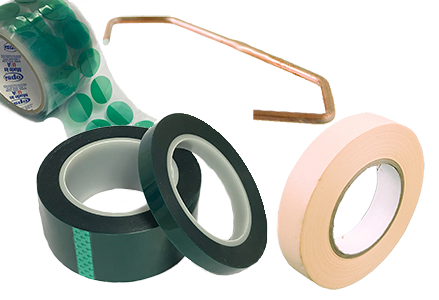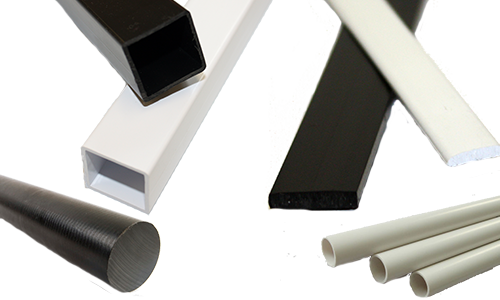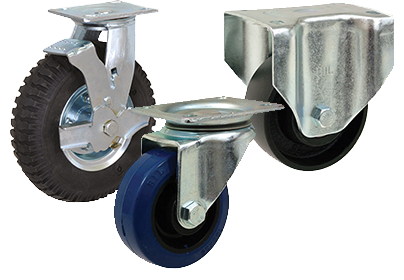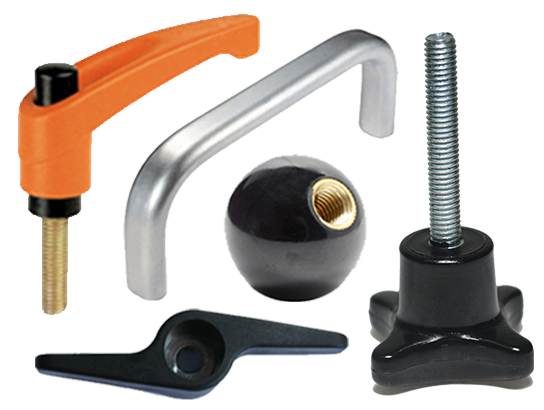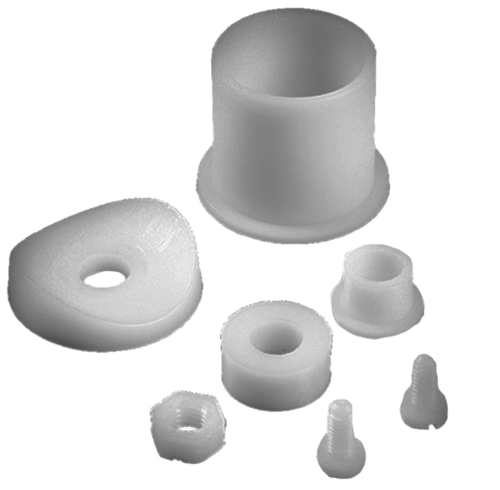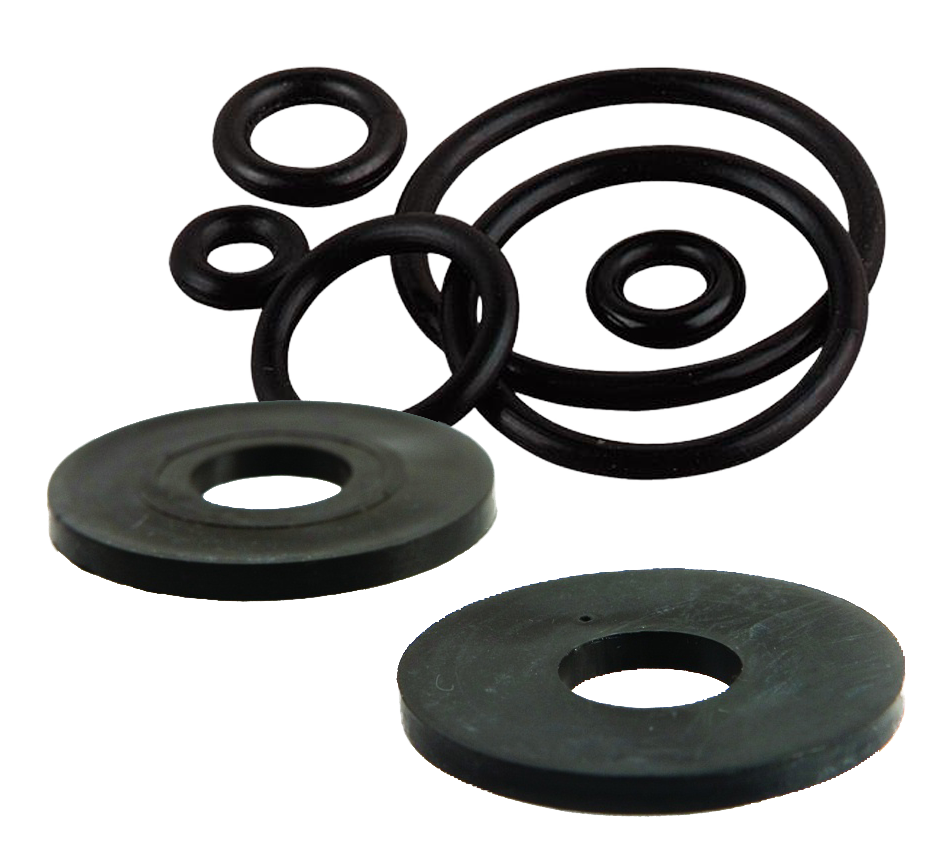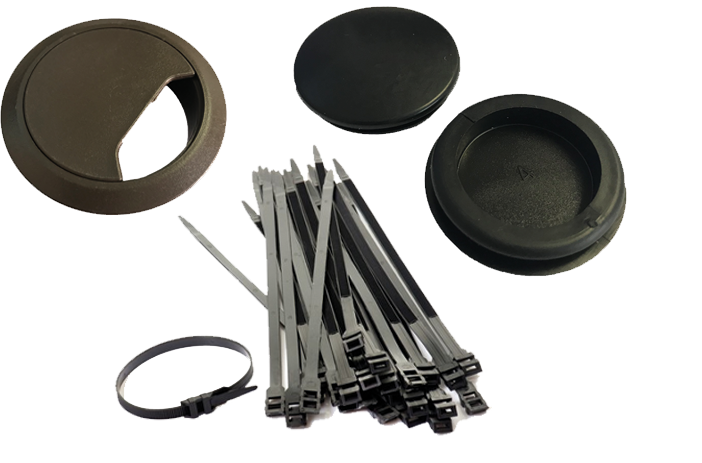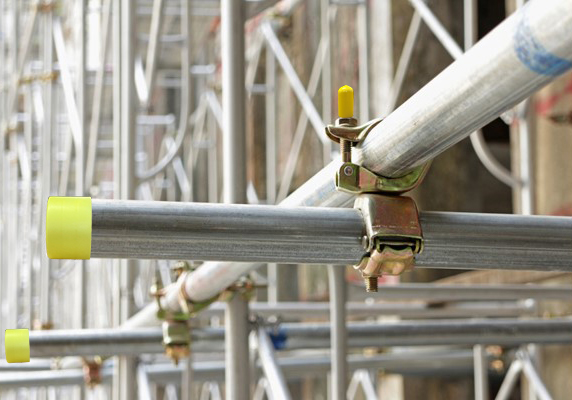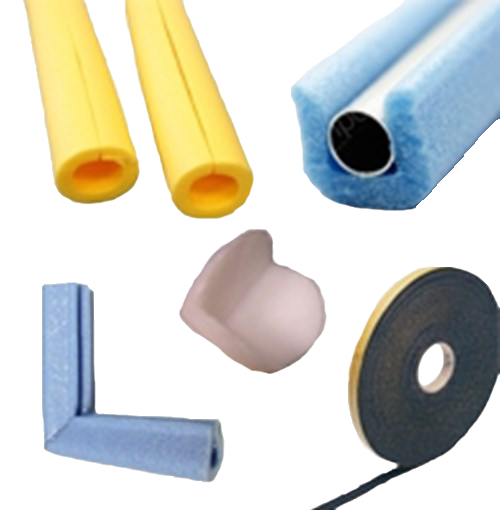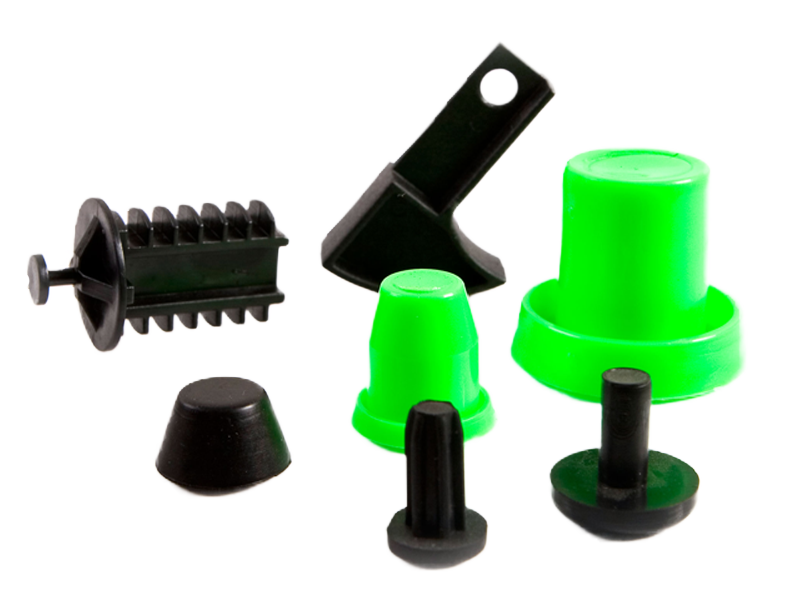Welcome back to our ongoing series, "The Planet," where we’ve explored the ins and outs of plastics—their types, sustainability challenges, and potential solutions. Today, we're taking a closer look at the seven types of plastics. You’ve probably seen these symbols on packaging, but how recyclable are they, really? Is recycling plastics as simple as it seems? Well, not quite. Let's break it down for you.
The Seven Types of Plastics
- PET (Polyethylene Terephthalate)
- HDPE (High-Density Polyethylene)
- PVC (Polyvinyl Chloride)
- LDPE (Low-Density Polyethylene)
- PP (Polypropylene)
- PS (Polystyrene)
- Other Plastics – This category covers any materials not identified by the first six.
The symbols we see on packaging were designed to help manufacturers and recyclers, not consumers, distinguish between different plastic types. However, over time, these symbols have become confusing for consumers, leading to the assumption that any product bearing them is automatically recyclable. Sadly, that’s not always the case.
The Reality of Recycling
Even though these plastics are labelled recyclable, the infrastructure to process them efficiently is still lacking. As a result, many plastics end up in landfills, incinerators, or oceans rather than being recycled. So, let’s dive into each type of plastic and see where they stand in terms of recyclability.
- #1 – PET (Polyethylene Terephthalate): This is the most commonly recycled plastic, often found in water bottles and food packaging.
- #2 – HDPE (High-Density Polyethylene): Widely recyclable, HDPE is used for products like milk jugs and detergent bottles. It's often downcycled into products like decking, benches, and playground equipment.
- #3 – PVC (Polyvinyl Chloride): While technically recyclable, PVC is only processed on a small scale, primarily in industrial sectors. It's not commonly recycled from household waste.
- #4 – LDPE (Low-Density Polyethylene): Though recyclable, LDPE, which is used in things like plastic bags, rarely gets recycled. This is because it's often cheaper to produce new plastic bags from virgin materials than to recycle them.
- #5 – PP (Polypropylene): PP is recyclable, but the process is costly and complicated. Recycled PP usually turns black or grey, limiting its use to industrial items like speed bumps and benches.
- #6 – PS (Polystyrene): Polystyrene, used for things like disposable utensils and cups, is hardly ever recycled due to the high cost and difficulty of processing it.
- #7 – Other Plastics: These are the least likely to be recycled, as they include a mix of materials that are difficult to separate and process.
The Problem with Plastic Recycling
One major issue is the misconception that the presence of a recycling symbol means the item will be recycled. Many of us see the triangle symbol and assume the product will be responsibly processed, but it’s the number inside that counts. Knowing which types of plastic are easily recyclable can help you make smarter choices about what to buy and how to dispose of waste.
Imagine a Perfect Recycling World...
In an ideal world, only the correct plastics would end up in recycling bins, and every item would be sorted, processed, and recycled efficiently. This would significantly reduce contamination and lower the costs of recycling. Unfortunately, we don’t live in that world yet. Imported goods sometimes carry false recycling codes, and there’s no global governing body to enforce recycling standards, making it hard to police.
What’s Next?
So, where does this leave us? While recycling remains a key part of reducing plastic waste, it’s clear that it isn’t the full solution—at least not yet. The good news is that new technologies are emerging that could enable us to recycle all types of plastics more effectively in the future. In our next article, we’ll explore pre and post-consumer recycled materials.
Stay tuned as we continue our journey towards a more sustainable future!



